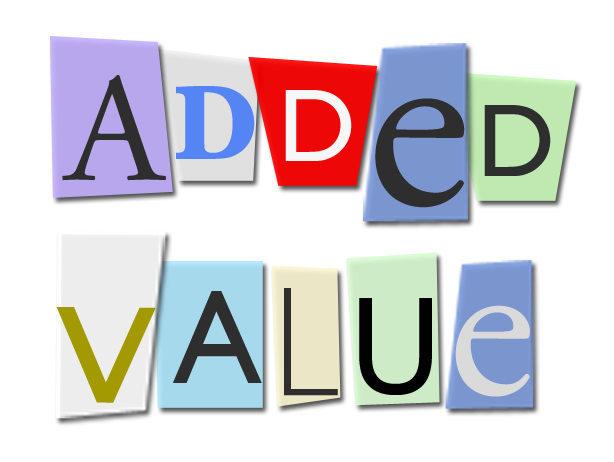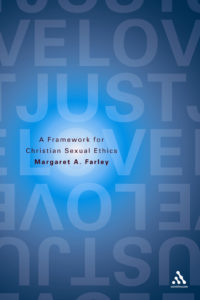Part of deciding whether to stay or leave your job should include thinking about the quality of the products or services your company provides. When your productivity is aimed at meeting “real customer needs,” you are likely to feel you’re working at something worthwhile, giving you a powerful motivation to keep on doing it. The case for staying becomes even stronger when what you’re making or doing is aimed at actually improving your customers’ lives.
Unfortunately, we rarely think about the value of what we’re doing at our jobs. Big mistake. When your time and effort is going into producing something that’s worthwhile, you feel a sense of personal accomplishment that’s missing when you’re just “pushing it out.” On the other hand, feeling ownership and being proud of the fruits of your labor is a key ingredient in fulfilling work.
Being a part of the hamster wheel of our consumer society doesn’t give you a sense of fulfillment. Endless consumption has one goal: convincing people that they have needs they never thought they had, and then selling them something to fill the manufactured void. It’s Mad Men advertising of “the new and improved” because it will somehow make your life cleaner, brighter, faster, better. The goal is to get you to “I want it” without ever pausing to consider “whether you truly need it at all.”
It’s the same when it comes to services. Do you really need an accountant every time you’re facing a column of numbers, an attorney every time you have a disagreement, or a doctor every time you have some discomfort? The answer is: probably not.
Whether you really “need” something is a question you should be asking before every purchase that you make, but the parallel question about work is also worth asking. Is what you’re making or doing at your job merely fueling the consumption wheel, or are you producing something people truly need to make their lives better? In other words, is your work about something you’re convinced is worthwhile?
Start by considering whether YOUactually need whatever product you’re making or service you’re providing: that’s perhaps the most revealing Q&A of all. Is your company actively striving to delight its customers—by always improving basic quality and how service is delivered—or is its commitment to innovation less apparent? What real value is it adding to what’s out there already?
How does your company conduct its business? Do your co-workers, your company’s suppliers, and the local community benefit from the way your business operates? Is the smiling face your company presents to the world part of its public relations campaign or part of its DNA? Given these and similar factors, are you proud of being a part of your company or not?
Many of us assume that having a critical perspective about our jobs begins and ends with answers to the following questions? Is the job helping me pay my bills? Is it convenient to get to? Are they nice to me when I’m there? What I’m saying is that you should be getting far more from your work than a paycheck, a convenient commute and a non-threatening work environment. To settle for so little is like being a frog in water that’s slowly coming to a boil—all the life will be cooked out of you before you realize it.
A fellow blogger recently began his discussion about employee engagement in the following way:
Every day the spirits of millions of people die at the front door of their workplace. There is an epidemic of workers who are uninterested and disengaged from the work they do, and the cost to the U.S. economy has been pegged at over $300 billion annually. According to a recent survey from Deloitte, only 20% of people say they are truly passionate about their work, and Gallup surveys show the vast majority of workers are disengaged, with an estimated 23 million ‘actively disengaged.’
He goes on to make several useful observations about what managers can do to improve workplace morale. But as I’ve agued here and in prior posts, the most fundamental remedies for being disengaged from your work have to do with what you can do for yourself instead of what a manager or boss can do for you.
You can and should bring new knowledge and expertise into your work at regular intervals—whatever your work is—so that what you’re accomplishing makes you feel continuously energized. (Work That Produces Continuous Reward). And you should ensure that you’re proud of, and therefore empowered by the work you’re doing, even if that means leaving the job you have now and finding the right one.
Energized. Proud. Empowered: this is how you’ll feel when your work provides added value.




 brought to it had left its mark. In the volley that followed, I explained her with these words:
brought to it had left its mark. In the volley that followed, I explained her with these words:


